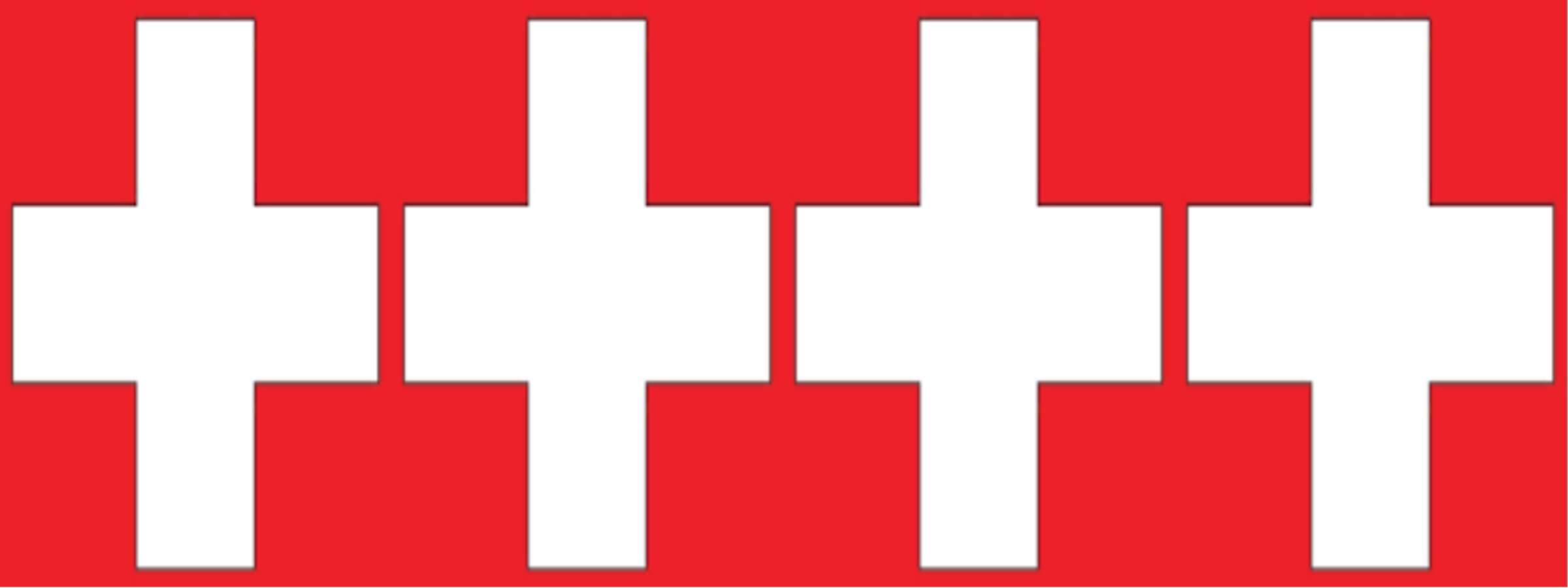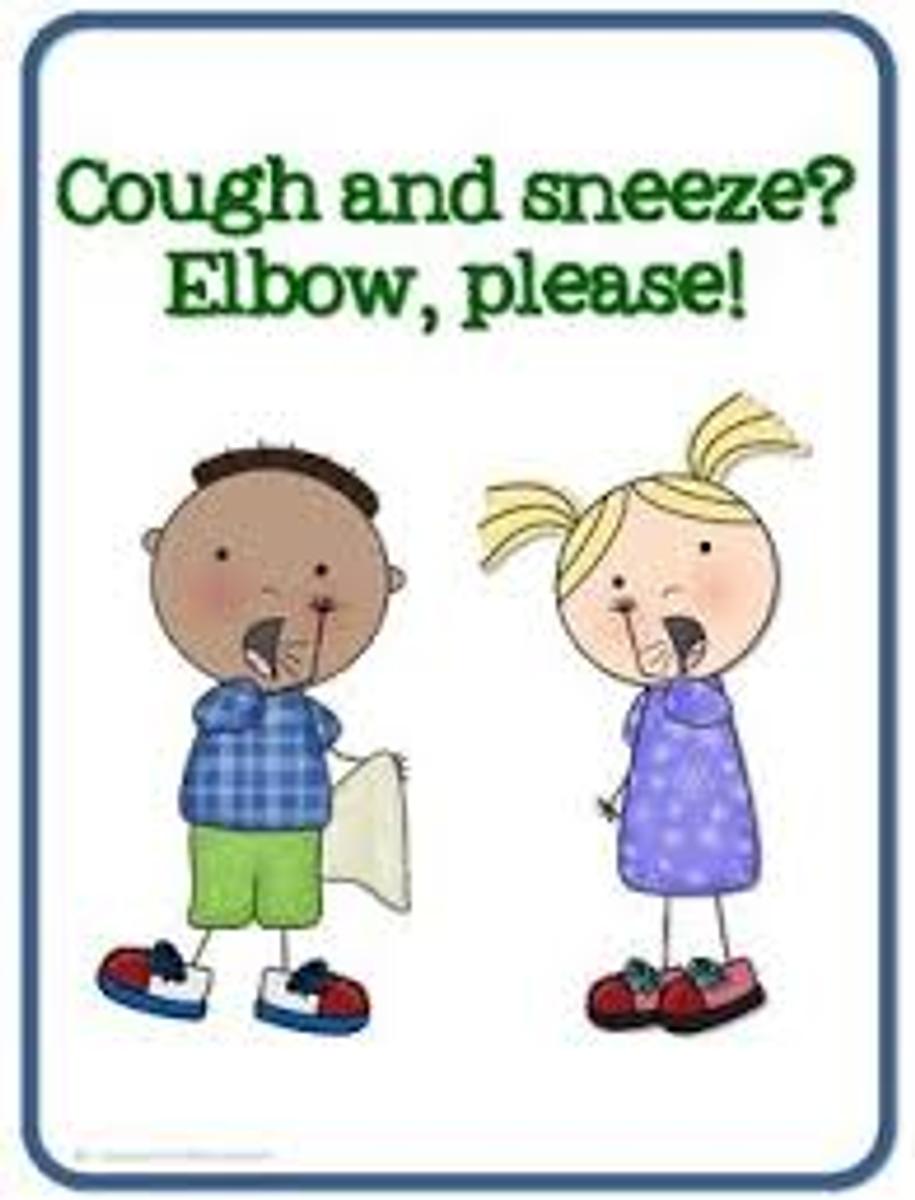First Aid

Phone calls to parents
CSPS will phone parents if a student is unwell and needs to go home or where we feel that further medical assistance may be required. Visits to the first aid room for any other reason that requires first aid will receive a notification. In the future this will be via Compass... Watch this space!
It's Cold and Flu Season
It is Flu season and viruses can spread easily and quickly in schools. It is important to keep your child home if they are ill to prevent spreading the illness. The following information is extracted from a Royal Childrens Hospital Kids Facts sheet, see link below for the full details.
https://www.rch.org.au/kidsinfo/fact_sheets/Viral_illnesses/
How are viral illnesses spread?
A virus can spread from person to person in tiny droplets from the nose (sneezing or a runny nose) and mouth (saliva or a cough). Viruses can also spread via vomit or faeces, especially when someone has diarrhoea.
There is usually a delay between when a child is exposed to the virus and when they develop the illness. This delay is generally a few days, but some viruses may take up to two or three weeks before symptoms appear.
Good hygiene reduces the chance of getting viruses or passing them onto others. Good hygiene includes:
- regularly washing hands thoroughly
- not sharing cups or cutlery
- encouraging children to cough or sneeze into their elbow
- using tissues instead of hankies – teach your child to throw tissues into the bin as soon as they have used them and to wash their hands afterwards.
If your child is unwell with a virus, keep them home from child care, kindergarten or school until they are well again.
It is just about impossible to prevent your child from catching viruses, but you can help keep your child’s immune system in good shape by ensuring they have a balanced diet and plenty of sleep. Most children do not need to take vitamins on a daily basis. It is important to be up to date with your child’s immunisations to prevent viruses such as measles, mumps, rubella and chickenpox (varicella).

